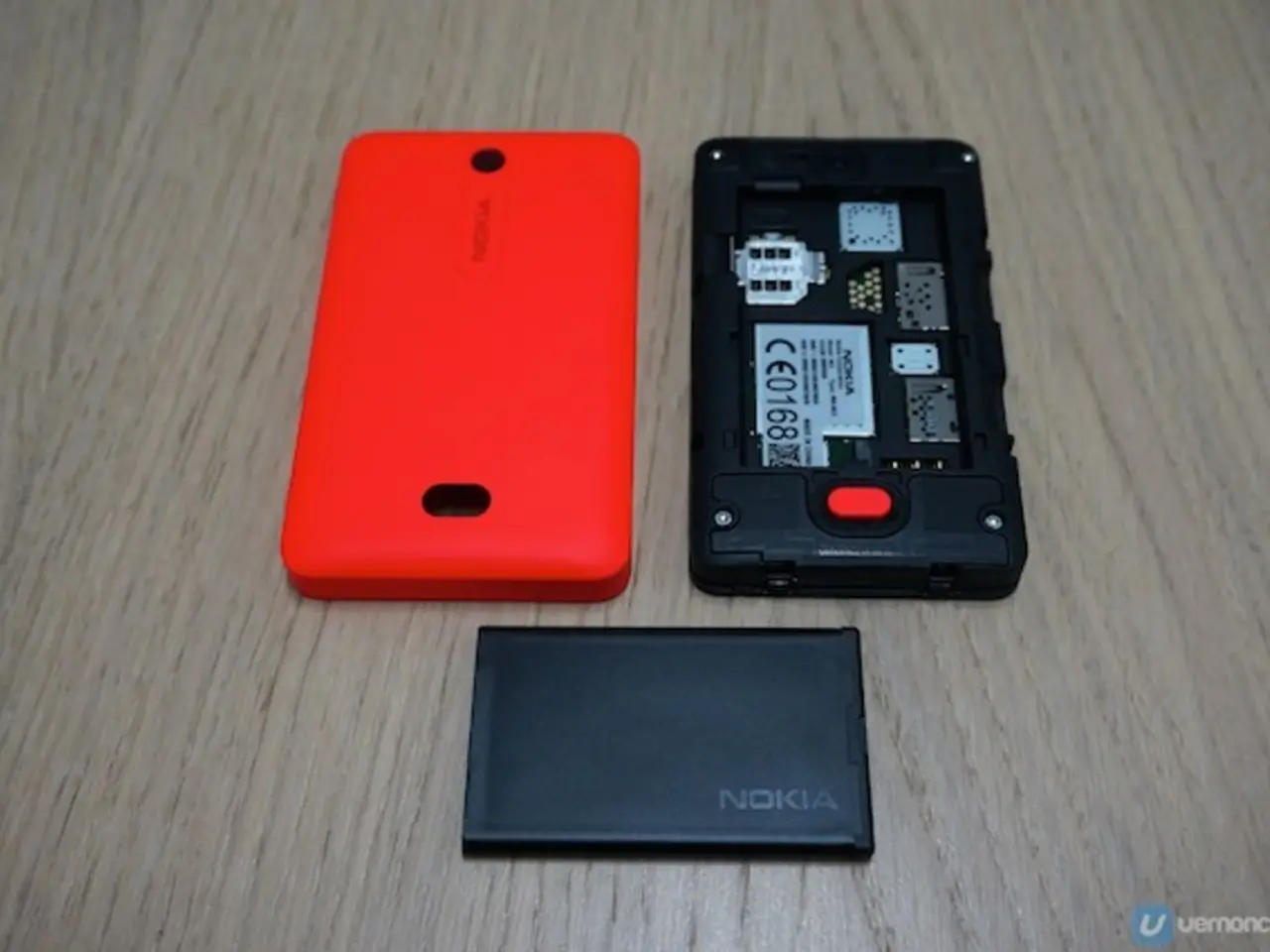NXP Introduces Latest Iteration of Battery-Cell Controller Integrated Circuits
New NXP Battery-Cell Controllers Enhance Electric Vehicle Battery Management Systems
NXP Semiconductors has unveiled a new family of 18-channel battery-cell controller Integrated Circuits (ICs) called BMx7318 and BMx7518. These advanced ICs are designed to improve performance, reliability, and safety in battery management systems (BMS) for electric vehicles, industrial energy storage, and 48V applications.
Key Features of the BMx7318/7518
The new IC family offers several key features, including:
- 18-channel Li-ion battery cell control for high-voltage battery management systems with precise cell monitoring.
- Advanced architecture with a dedicated Analog-to-Digital Converter (ADC) per channel, enabling highly accurate and independent cell measurements.
- PIN-to-PIN compatibility across device derivatives, providing flexibility and simplifying design choices for Original Equipment Manufacturers (OEMs) and suppliers.
- Integrated analog front-end, battery junction box, and gateway functions, consolidating multiple BMS functions into a single chip, reducing system complexity.
- Reduced external components by 50%, lowering the overall component count, and simplifying assembly.
- High electromagnetic interference (EMI) immunity and robust bulk current injection (BCI) design, ensuring reliable operation even in noisy electrical environments.
- Support for semi-centralized BMS architectures, allowing flexible system design that optimizes cost while maintaining performance.
- Compliance with automotive ASIL-C and industrial SIL-2 functional safety standards, ensuring high levels of safety and reliability required in critical applications.
Benefits for Performance, Reliability, and Safety
The BMx7318/7518 ICs deliver several benefits for performance, reliability, and safety:
- Performance: The dedicated ADCs per channel facilitate accurate, real-time monitoring of each cell's voltage and health, improving battery performance management.
- Reliability: The robust EMI and BCI immunity enhance measurement stability in harsh environments, increasing the BMS's overall reliability.
- Safety: Compliance with stringent ASIL-C and SIL-2 standards ensures the ICs support functional safety requirements, protecting battery systems from faults and failures.
- Cost-effectiveness: By integrating multiple functions and halving external component requirements, the BMx7318/7518 reduce bill of materials and system complexity, lowering overall costs for manufacturers.
Additional Capabilities
The new controllers feature all-channel parallel cell balancing up to 150 mA, capable of operating in environments up to 125°C. They can measure voltages in up to 18 battery cells and track up to 12 temperature sensors simultaneously. The new controllers can add up to 12 channels of analog voltage measurements to measure conditions inside the larger battery pack.
The new controllers communicate with the safety MCU at the heart of the BMS using a serial peripheral interface (SPI) bus. They can respond rapidly to overcurrent events, improving system reliability, and can act as a battery disconnect unit (BDU). The new controllers use NXP's proprietary isolated daisy-chain protocol called TPL to connect several chips together in battery packs with larger numbers of cells.
NXP plans to roll out the new family of battery-management ICs more broadly in late 2025. Some firms are integrating artificial intelligence (AI) into BMS software to enhance state estimation and optimize battery operation in real-time. The new ICs deliver high-resolution voltage, current, and temperature sensing at the cell and pack levels, making them an essential component for performance, reliability, and safety in energy storage systems.
1) The advanced technology of the BMx7318/7518 Integrated Circuits (ICs) from NXP Semiconductors, such as the dedicated Analog-to-Digital Converter (ADC) per channel and the all-channel parallel cell balancing, contributes significantly to the performance, reliability, and safety of electric vehicle battery management systems.
2) By integrating these high-resolution voltage, current, and temperature-sensing ICs into energy storage systems, companies can leverage technology to enhance state estimation and optimize battery operation, as some firms are already doing by incorporating artificial intelligence (AI) into BMS software.




